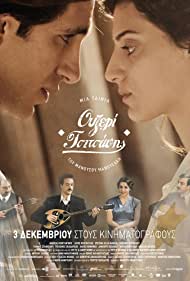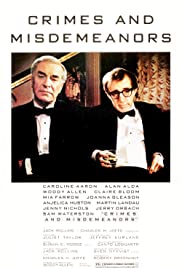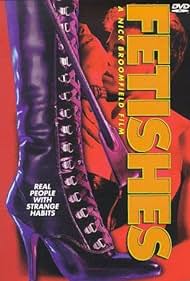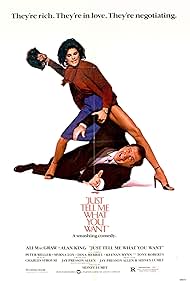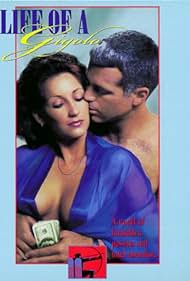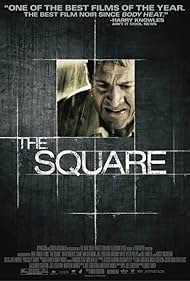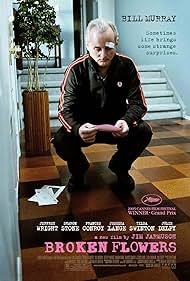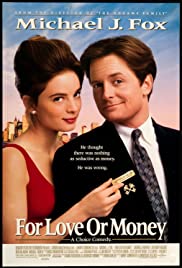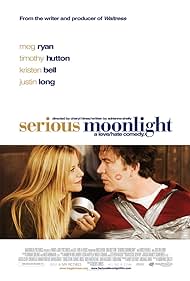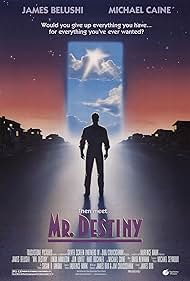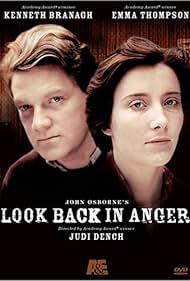Le Pont du Nord Soundtrack (1981)

Buy on Amazon Play and download Soundtracks
Le Pont du Nord
Le Pont du Nord
Le Pont du Nord
Le pont du Nord
Le pont du Nord
Le pont du Nord
Synopsis
Marie is about forty years old with a terrorist history. When she arrives back in Paris, she has just been released from prison, where she has served a sentence for robbing a bank. It is now difficult to take it in closed rooms.
Baptiste is a young woman of maybe twenty. She wants to take on many opponents: With the lion statues to be found in various Parisian places, with the eyes of those depicted on advertising posters and especially with the "Max". She relies on the strength of her karate gestures. She always sees fate at work. When she runs into Marie for the third time, she says: twice, that could be coincidence, but three times, that was fate. So she decides to stay with Marie.
Marie contacts her friend Julien. Again and again he emphasizes that he still loves her, but what he is doing remains obscure in spite of Marie's persistent questioning.
Baptiste steals Julien's briefcase, which contained a collection of old newspaper articles about murders and political affairs and a map of Paris, whose meaning is not clear. Later on, Marie finds out that the map of Paris resembles the game of the goose which gives her a hint of Julien's activities.
One of the characters that Baptiste identifies as a "Max" is apparently shadowing Julien, and he even warns Marie that she is in danger from Julien. She doesn't want to know anything about it.
In the end, Baptiste kills a young man, just because she also thought he was a "Max", and Marie meets Julien and shoots Marie. The first "Max" who warned Marie tries to speak with Baptiste, who rejects him. Finally, he can get close to Baptiste showing her how to improve her martial arts technique.
Samuel Lechuga.
Download and play the Soundtrack list
| Play | Title | Artist |
|---|---|---|
|
Le Pont du Nord
|
||
|
Libertango
|
Astor Piazzolla:
Performer
|
|
|
Violentango
|
Astor Piazzolla:
Performer
|
|
